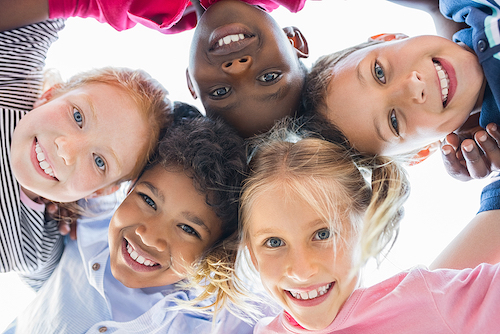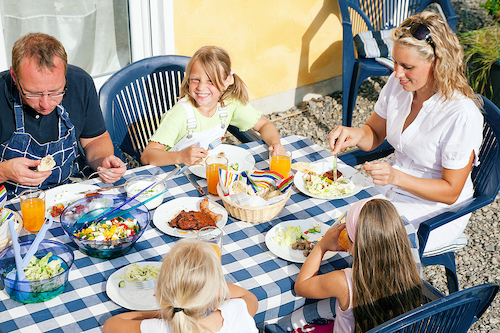March 25, 2025
by Patricia Tomasi

A new study published in the Journal of Child Development looked at Indigenous perspectives on the child–caregiver bond from a northwest tribal community. “Our study is about uplifting the experiences, perspectives and knowledges regarding parenting young children that are held by members of a Northwest tribal community,” Sara F. Waters told us. “In particular, we wanted to center Indigenous knowledge of and approaches to the child-caregiver bond.”
[More]
March 18, 2025
by Patricia Tomasi

A new study published in the Journal of Child Development looked at the determinants of socioemotional and behavioral well-being among First Nations children living off-reserve in Canada. “Our study focused on positive health outcomes among young First Nations children,” study author Sawayra Owais told us. “Specifically, we examined Indigenous and non-Indigenous-specific determinants associated with positive well-being among First Nations children living off-reserve in Canada.”
[More]
March 11, 2025
by Patricia Tomasi

A new study published in the Journal of Child Development looked at mother–child collaboration in an Indigenous community. “Changes in family life related to globalization may include reduction in the collaborativeness observed in many Indigenous American communities,” study author Barbara Rogoff told us. “The present study examined longitudinal changes and continuities in collaboration in a Guatemalan Maya community experiencing rapid globalization.”
[More]
January 29, 2025
by Elizabeth Pratt

Did your parents have a favorite child?
Research published in the Psychological Bulletin suggests they may have and the factors contributing to favoritism may surprise you.
[More]
December 31, 2024
by Patricia Tomasi

A new study published in Scandinavian Journal of Trauma, Resuscitation and Emergency Medicine assessed the psychobiological demands of high-fidelity training in pre-hospital emergency medicine. “Individuals who provide emergency medical services mount physiological responses including activation of the nervous and endocrine systems,” study author Mark Wetherell told us. “These responses are highly adaptive and provide the energy resources to deal with the situation, however, frequent and sustained responding, with little opportunity for recovery, causes wear and tear on the body and this can lead to increased risk of stress-related illness.”
[More]
November 30, 2024
by Elizabeth Pratt

One in five parents worry their children don’t have friends or don’t have enough friends.
Results from the University of Michigan Health C.S. Mott Children’s Hospital National Poll on Children’s Health found that 90 percent of parents think their children would like to make new friends.
[More]
November 28, 2024
by Elizabeth Pratt

COVID lockdowns caused many families to eat more meals at home, and it may have had an unexpected benefit.
Research published in the journal Couple and Family Psychology: Research and Practice found that families who ate together more often during the COVID-19 pandemic experienced in increase in quality family time during dinners.
[More]
October 31, 2024
by Elizabeth Pratt

If you want to cheer up a friend or loved one, consider giving them a small gift.
Research suggests that gift giving may lift their mood faster and more effectively than a conversation.
[More]
October 22, 2024
by Patricia Tomasi

A new study published in Environmental Health Perspectives looked at the combined exposure to folate and lead during pregnancy and autistic-like behaviors among Canadian children from the Maternal-Infant Research on Environmental Chemicals (MIREC) Pregnancy and Birth Cohort. “Our study assessed whether the relationship between blood-lead concentrations during pregnancy and childhood autistic behaviours could be mitigated by folate concentrations or folic acid supplementation,” study author Joshua D. Alampi told us. “We hypothesized that the relationship between lead and autistic behaviours would be stronger among study participants with low folic acid supplementation and lower plasma-folate concentrations.”
[More]
February 28, 2024
by Elizabeth Pratt

Teenagers who grow up in large families have poorer mental health than their peers who grew up in a family with fewer siblings.
Researchers from Ohio State University found that in an analysis of children growing up in the US and China, a larger number of siblings had ramifications for the mental health of teenagers.
[More]